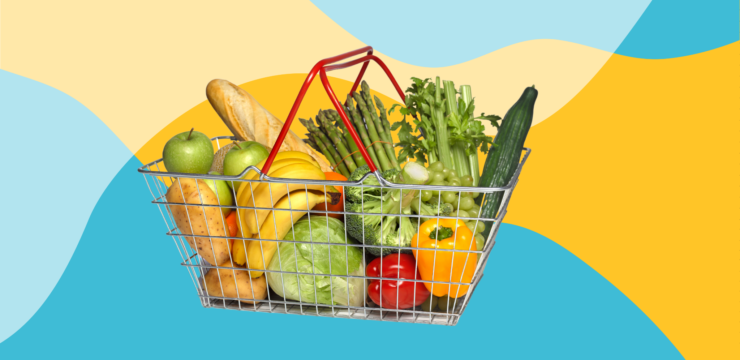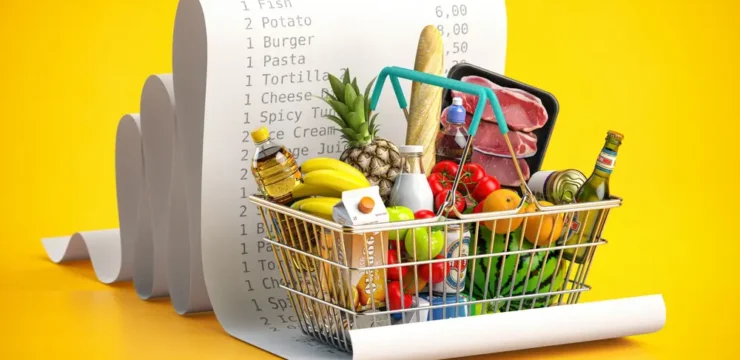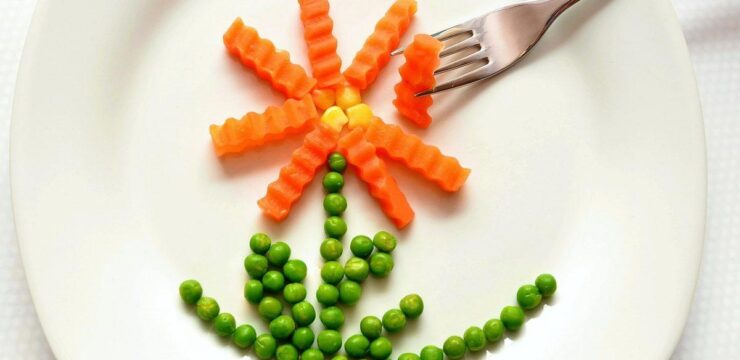Eating organic doesn’t have to break the bank. With a few smart strategies, you can enjoy the benefits of organic food—like fewer pesticides, better animal welfare standards, and environmentally friendly farming—while staying within your budget. Here are some tried-and-true hacks to help you shop smarter and greener.
1. Know the Dirty Dozen and Clean Fifteen
- Why It Matters: The Environmental Working Group (EWG) publishes yearly lists highlighting produce with the highest and lowest pesticide residues.
- Smart Move: Prioritize organic versions of the “Dirty Dozen” and feel okay buying conventional “Clean Fifteen” to save money.
2. Buy in Bulk When It Makes Sense
- Best Buys: Organic grains, beans, nuts, and dried fruits often cost less when purchased in bulk.
- Pro Tip: Bring your own reusable containers or bags for zero-waste shopping.
3. Shop Seasonally and Locally
- Why It’s Smart: In-season produce is fresher, more flavorful, and often cheaper—especially at farmers markets.
- Look For: Local CSAs (community-supported agriculture) or co-ops for fresh, affordable organic food.
4. Compare Store Brands
- Big Savings: Many major grocery stores now offer their own line of USDA-certified organic products at a lower price point.
- Examples: 365 by Whole Foods, Simple Truth Organic, and Trader Joe’s Organic.
5. Use Coupons and Cashback Apps
- Get Rewards: Look for digital coupons on organic brands’ websites or apps like Ibotta, Rakuten, or Fetch.
- Double Up: Stack store sales with manufacturer coupons for the best deals.
6. Plan Meals Around Sales
- Weekly Wins: Check your local store’s circular and build your shopping list around what’s discounted.
- Flexible Favorites: Create a rotating list of easy meals that can be adapted based on available ingredients.
7. Grow Your Own (Even Just a Little!)
- Low Commitment: Herbs like basil, parsley, and mint grow easily in small pots.
- Bigger Wins: Tomatoes, lettuce, and peppers can thrive in container gardens or small backyard beds.
8. Reduce Waste to Save More
- Kitchen Hacks: Freeze leftovers, repurpose scraps, and store food properly to extend shelf life.
- Bonus Tip: Use veggie trimmings to make your own organic broth.
9. Buy Frozen Organic
- Same Nutrients, Lower Price: Frozen fruits and veggies are often cheaper than fresh and just as nutritious.
- Stock Up: Great for smoothies, stir-fries, and soups.
10. Don’t Be Fooled by Marketing
- Stay Informed: “Natural” doesn’t mean organic. Look for the USDA Organic seal for true certification.
- Smart Shopper Tip: Read labels and understand what terms like “non-GMO,” “free-range,” and “pasture-raised” actually mean.





